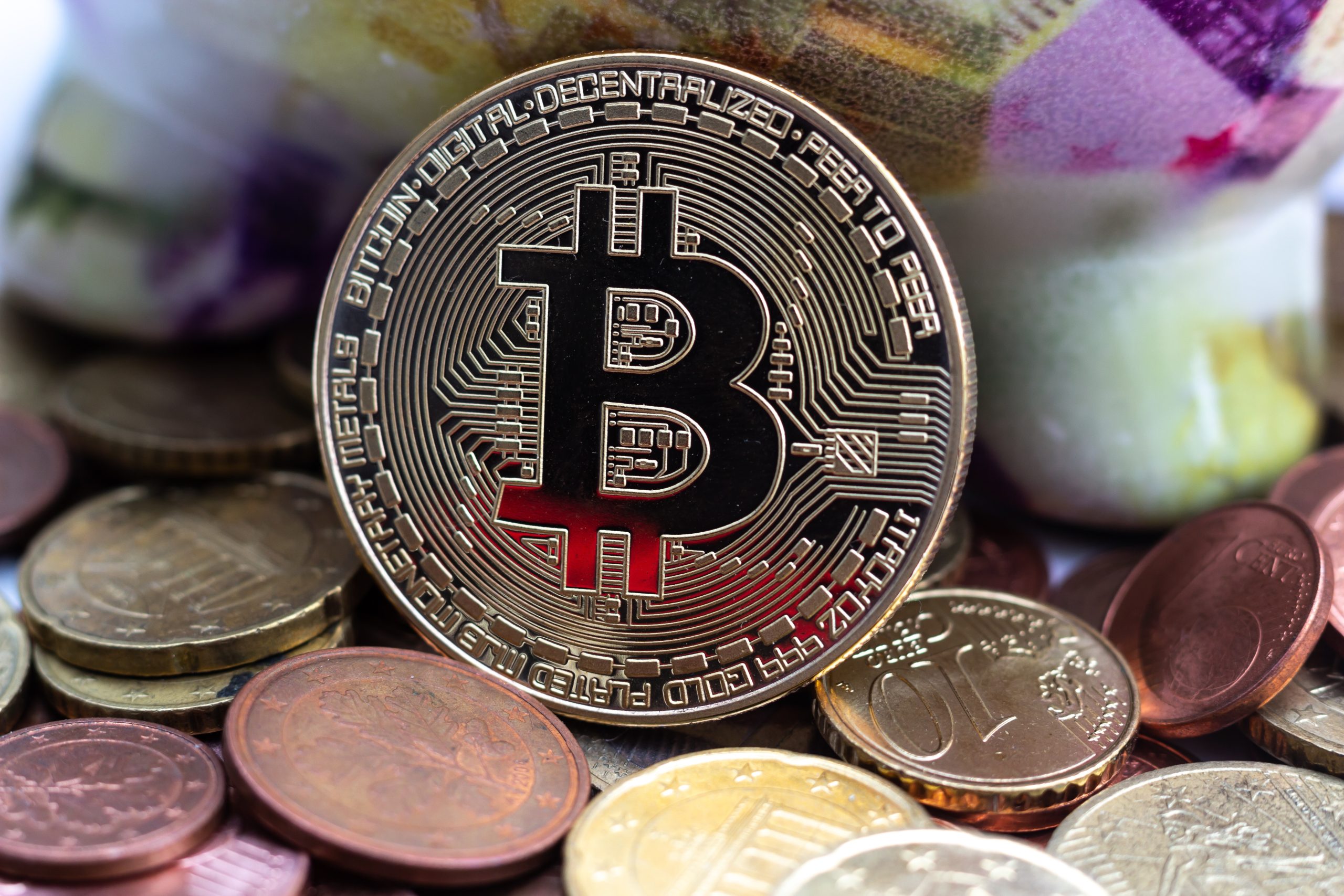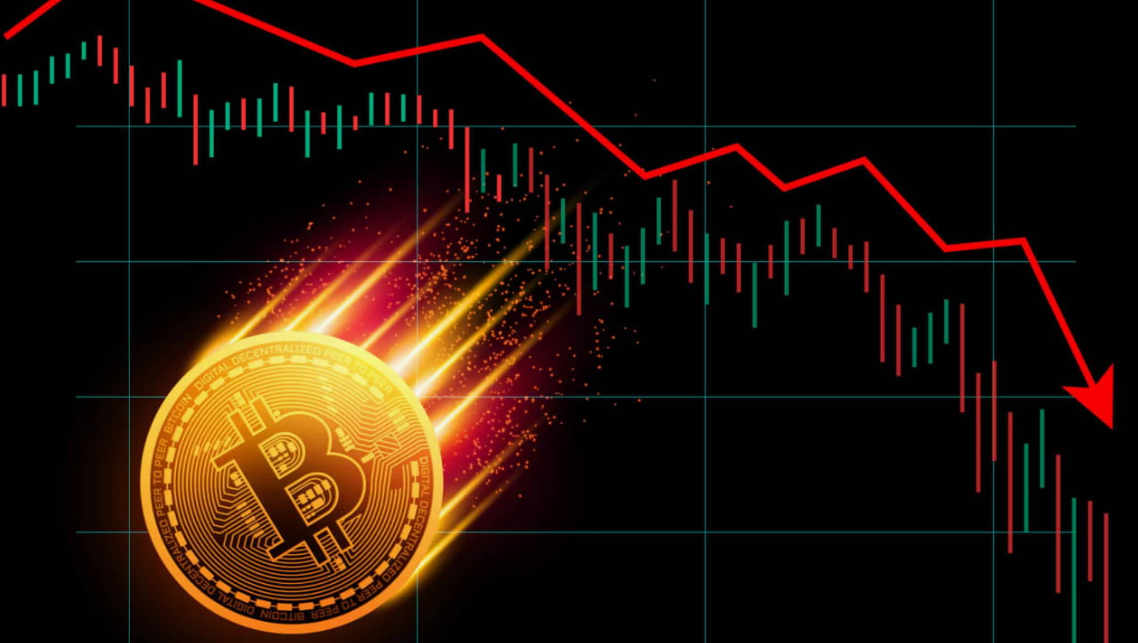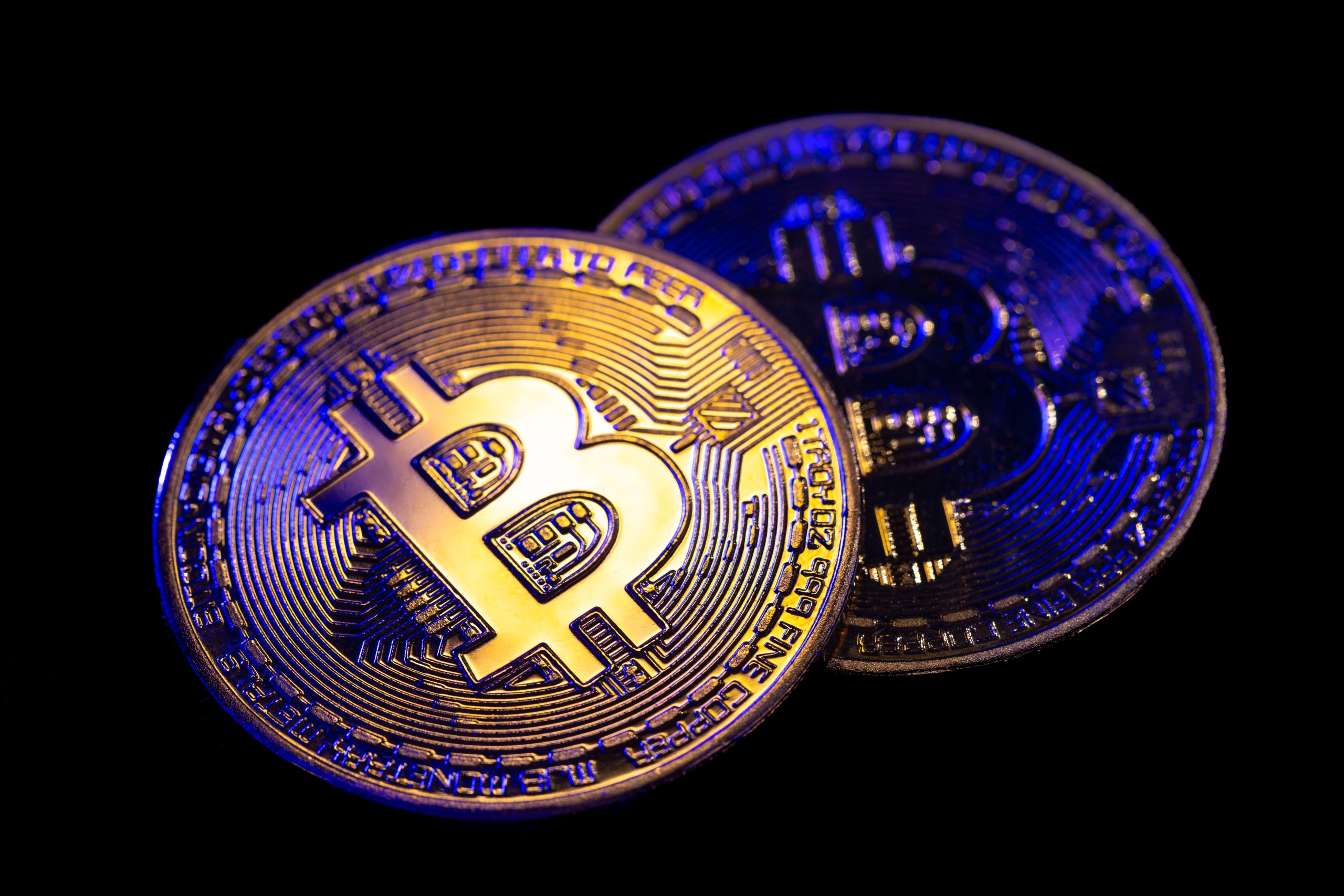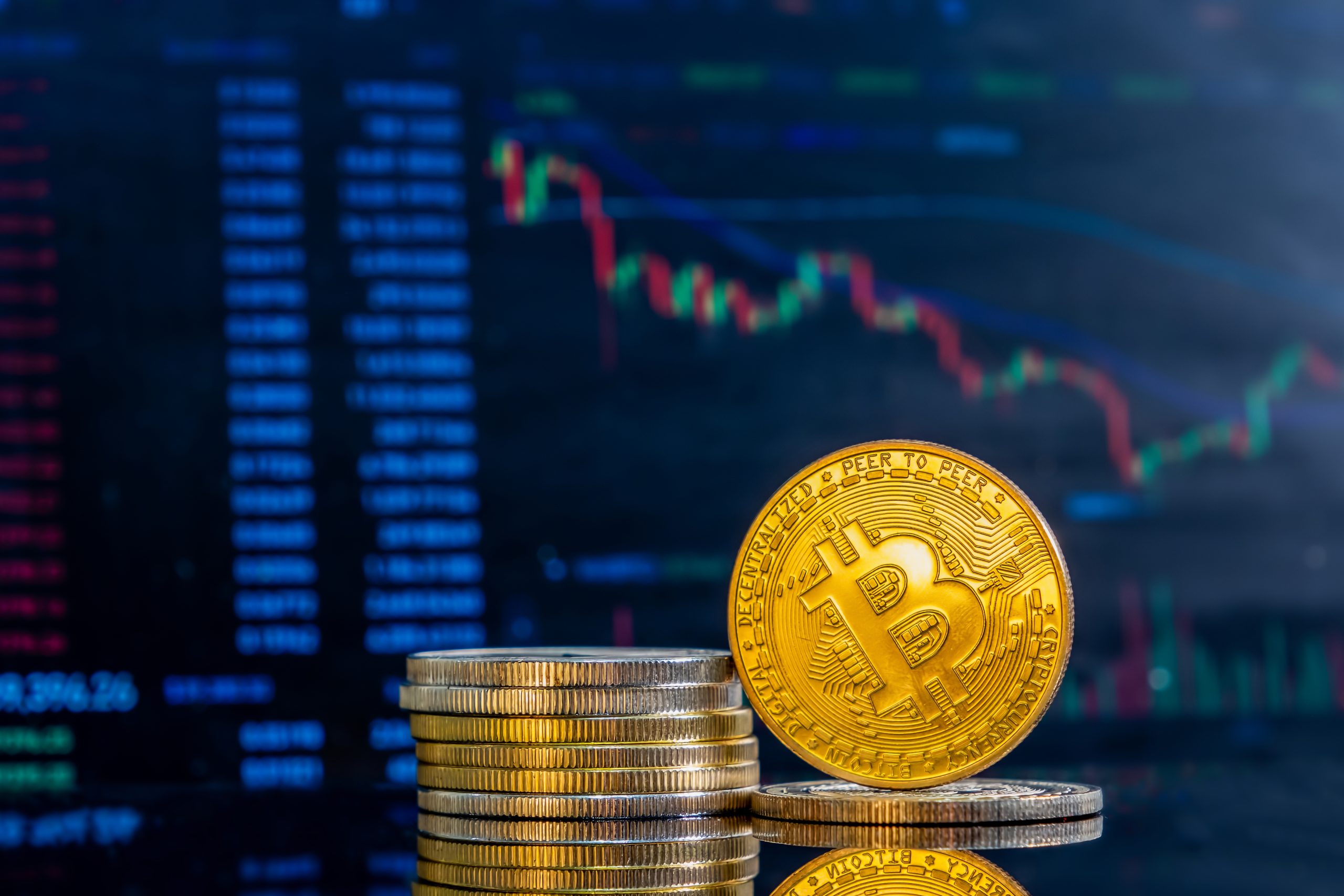Inflation has become a major concern for many emerging markets. With local currencies losing value at alarming rates, people are looking for alternatives to protect their savings. Enter Bitcoin—a digital currency that’s quickly gaining traction as a hedge against inflation. For countries grappling with economic instability, Bitcoin offers a decentralized and accessible solution to store value.
Why Bitcoin Is Gaining Popularity in Emerging Markets
Bitcoin’s unique features make it especially attractive for people in countries facing hyperinflation and weak financial systems.
1. Decentralized Nature
Bitcoin operates independently of any central bank, making it immune to poor monetary policies and government interference.
2. Limited Supply
With a fixed supply of 21 million coins, Bitcoin offers a scarcity factor that makes it a reliable store of value, unlike fiat currencies that can be printed endlessly.
3. Accessibility
All you need to use Bitcoin is a smartphone and an internet connection, making it a practical option for those without access to traditional banking systems.
4. Borderless Transactions
Bitcoin allows for seamless international transfers, helping people move money across borders without hefty fees or delays.
How Bitcoin Helps Combat Inflation
When local currencies lose value due to inflation, Bitcoin provides a stable alternative for storing and transferring wealth.
1. Preserving Purchasing Power
In countries like Venezuela or Argentina, where inflation rates are sky-high, Bitcoin helps people protect their savings from devaluation.
2. Hedging Against Currency Crashes
Bitcoin offers a hedge against local currency collapses, giving people a financial lifeline during economic turmoil.
3. Safe Haven for Investments
Like gold, Bitcoin is often seen as a “safe haven” asset, especially during times of economic uncertainty.
Countries Leading the Bitcoin Adoption Wave
Several emerging markets are already embracing Bitcoin as a tool for inflation hedging.
1. Venezuela
With hyperinflation rendering the bolivar nearly worthless, Venezuelans are turning to Bitcoin as a stable alternative.
2. Argentina
Facing ongoing inflation and capital controls, Argentinians are using Bitcoin to store value and bypass banking restrictions.
3. Nigeria
As one of the top countries for Bitcoin adoption, Nigerians use the cryptocurrency for everything from remittances to everyday transactions.
4. Turkey
With the lira’s value plummeting, Bitcoin has emerged as a popular choice for Turks looking to safeguard their assets.
Challenges of Using Bitcoin for Inflation Hedging
While Bitcoin offers many advantages, it’s not without its challenges.
1. Volatility
Bitcoin’s price fluctuations can make it risky, especially for people seeking stability.
2. Regulatory Uncertainty
Governments in some countries are cracking down on Bitcoin, creating legal and logistical hurdles for users.
3. Accessibility Issues
While Bitcoin is accessible in theory, lack of internet access or technical knowledge can limit its adoption in some regions.
How Fxpricing Supports Bitcoin Traders
If you’re exploring Bitcoin as a hedge against inflation, Fxpricing can be your go-to resource for data and insights.
Real-Time Bitcoin Rates
Stay updated on Bitcoin’s latest price movements with Fxpricing’s live rates and charts.
Market Analysis and Insights
Confused about Bitcoin’s role in inflation hedging? Fxpricing provides expert analysis to help you make informed decisions.
Historical Data for Trend Analysis
Understand Bitcoin’s long-term trends with Fxpricing’s comprehensive historical data, ideal for tracking its performance against inflation.
Economic Calendar
Monitor key economic events that could impact Bitcoin and other currencies with Fxpricing’s easy-to-use economic calendar.
Tips for Using Bitcoin in Emerging Markets
If you’re considering Bitcoin as a hedge against inflation, here are some tips:
- Educate Yourself: Understand how Bitcoin works and its risks before diving in.
- Start Small: Begin with small amounts to minimize risk while learning the ropes.
- Use Secure Wallets: Store your Bitcoin in secure wallets to protect it from theft.
- Stay Updated: Use platforms like Fxpricing to keep track of Bitcoin’s price and market trends.
My Take on Bitcoin in Emerging Markets
As someone who follows global financial trends, I think Bitcoin is a game-changer for emerging markets. While it’s not perfect, it offers a viable solution for millions of people struggling with inflation and weak currencies. The key is to use Bitcoin wisely and stay informed with reliable data from platforms like Fxpricing.
FAQs
Q1: Why is Bitcoin popular in emerging markets?
A1: Bitcoin’s decentralization, limited supply, and accessibility make it an attractive option for people in countries with inflation and weak financial systems.
Q2: How does Bitcoin protect against inflation?
A2: Bitcoin’s fixed supply and independence from central banks help preserve value, making it a hedge against currency devaluation.
Q3: What are the risks of using Bitcoin in inflation-hit countries?
A3: Risks include price volatility, regulatory challenges, and accessibility issues.
Q4: How can Fxpricing help with Bitcoin trading?
A4: Fxpricing provides real-time data, market insights, and tools like historical charts and economic calendars to support informed decision-making.Q5: Is Bitcoin a long-term solution for inflation hedging?
A5: While Bitcoin is promising, it’s best used alongside other strategies and with a clear understanding of its risks and benefits.




